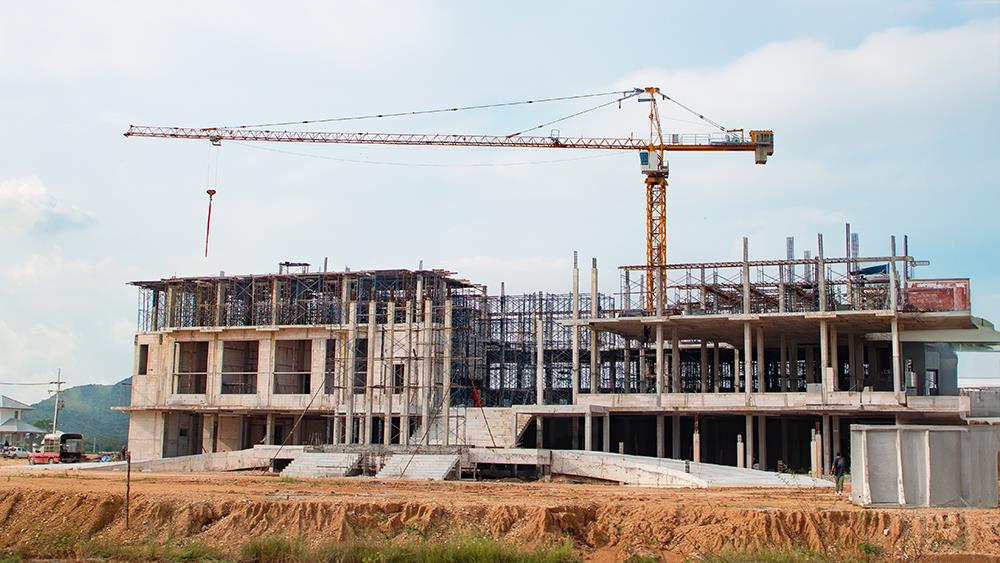

According to figures from Barbour ABI, construction contract awards hit their lowest point this year, tumbling 11% from April to just £5.1 billion – now £1.5 billion below the 2024 average – adding further strain to government efforts to accelerate housing and infrastructure delivery.
The Commercial & Retail sector took the sharpest hit in May, plunging 68% to just £290 million – the lowest monthly value in over a year. Infrastructure also suffered, recording its weakest performance since November, down 26% to less than £1 billion. Notably, the Coppermill Lane pumping station and water treatment works in east London was the largest project, accounting for nearly half of the sector’s total.
Residential awards slipped 10% to £1.7 billion. While this is an improvement compared to February and March, it remains below both the 2024 and 2025 averages. The £400 million Bollo Lane development, also in London, was the highlight for this sector.
The East of England endured its worst month for contract awards in over a year, with values plunging 75% from the 2024 average. Alarmingly, only seven projects exceeded £10 million, and none topped £30 million.
Planning approvals also fell in May, declining 15% to £8.2 billion – the lowest month so far this year but still 5% higher than the 2024 average. Meanwhile, Residential planning approvals rose to £3.2 billion, aligning with the 2024 average.
And the overall value of planning applications nosedived 48% from March to £7.1 billion. This steep drop is partly due to the completion of two large projects in Infrastructure and Medical & Healthcare at the end of March, but all sectors have been subdued.
Ed Griffiths, Head of Business and Client Analytics at Barbour ABI, commented: “The spending review was widely seen as good news for construction but the backdrop is that it’s been another disappointing month for contract awards.
"The industry continues to grapple with economic uncertainty and regulatory hurdles that are delaying many schemes. The project pipeline remains relatively strong, but these barriers need to be addressed to unlock progress – although it’s possible that meaningful growth may not materialize until 2026.
“There are potential bright spots ahead in green energy and data centres, which continue to drive demand for transmission infrastructure. Infrastructure hopes may be buoyed by the Chancellor’s recent announcement of a £15 billion investment, particularly focused in the North of England.”
Barbour ABI is the exclusive provider of new orders estimates to the Office for National Statistics and partner to the Infrastructure & Projects Authority in providing the National Infrastructure and Construction Pipeline.